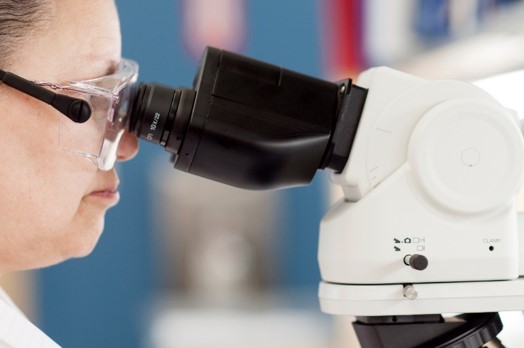
Clinical Microbiology:
Laboratory Scientist Supervisor:
Damini Jain
443-681-3943
Laboratory Scientist Lead:
Vacant
443-681-3952
Active Bacterial Core Surveillance (ABCS)
Active Bacterial Core Surveillance (ABCS) is part of CDC’s Emerging Infections Programs. It is a collaborative program between CDC, state health departments and universities. Invasive bacterial pathogens of public health importance in designated surveillance populations are isolated and confirmed. The isolates are then sent to CDC for further studies.
Maryland is one of 11 states that participate in the program. Johns Hopkins University School of Public Health is our academic affiliate. Hospitals in the State of Maryland send isolates to the Maryland State Health Department Laboratory for confirmation. The isolates that are confirmed are then sent to CDC. The pathogens that are included in the program are Group A Streptococcus (GAS), Group B Streptococcus (GBS), Haemophilus influenzae, Neisseria meningitides, Streptococcus pneumoniae and Methicillin-resistant Staphylococcus Aureus (MRSA). Listeria monocytogenes is also sent to the Maryland State Health Department as part of the National Antimicrobial Resistance Monitoring System (NARMS) for confirmation and then sent to CDC.
Frequently Asked Questions:
- What is the turn around time for serotyping Haemophilus influenzae and Neisseria meningitides?
Upon receipt of the isolates, the general turn around time for serotyping Haemophilus influenzae and Neisseria meningitides is 48 hours.
- What are acceptable sources of specimens?
Acceptable sources of specimen are normally sterile body sites including: blood, CSF, peritoneal fluid, pericardial fluid, peritoneal fluid, pleural fluid, synovial fluid, bone, 
